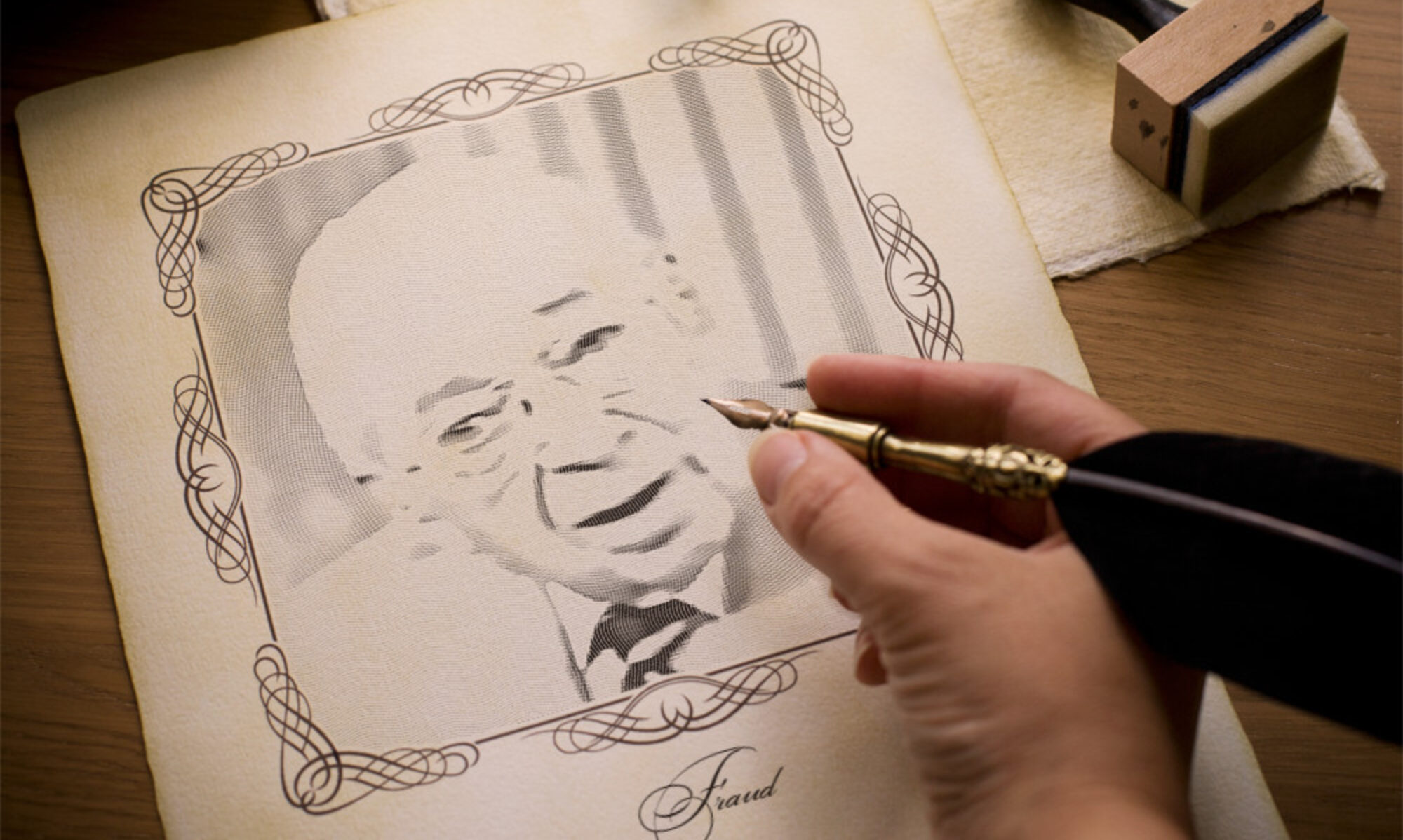Last August, President Obama declared: “This is America. And our commitment to religious freedom must be unshakeable. The principle that people of all faiths are welcome in this country and that they will not be treated differently by their government is essential to who we are.” But is it so?
In the storybook version most of us learned in school, the Pilgrims came to America aboard the Mayflower in search of religious freedom in 1620. The Puritans soon followed, for the same reason. Ever since these religious dissidents arrived at their shining “city upon a hill,” as their governor John Winthrop called it, millions from around the world have done the same, coming to an America where they found a welcome melting pot in which everyone was free to practice his or her own faith.
The problem is that this tidy narrative is an American myth. The real story of religion in America’s past is an often awkward, frequently embarrassing and occasionally bloody tale that most civics books and high-school texts either paper over or shunt to the side. And much of the recent conversation about America’s ideal of religious freedom has paid lip service to this comforting tableau….
In newly independent America, there was a crazy quilt of state laws regarding religion. In Massachusetts, only Christians were allowed to hold public office, and Catholics were allowed to do so only after renouncing papal authority. In 1777, New York State’s constitution banned Catholics from public office (and would do so until 1806). In Maryland, Catholics had full civil rights, but Jews did not. Delaware required an oath affirming belief in the Trinity. Several states, including Massachusetts and South Carolina, had official, state-supported churches.
(James) Madison also made a point that any believer of any religion should understand: that the government sanction of a religion was, in essence, a threat to religion. “Who does not see,” he wrote, “that the same authority which can establish Christianity, in exclusion of all other Religions, may establish with the same ease any particular sect of Christians, in exclusion of all other Sects?”
